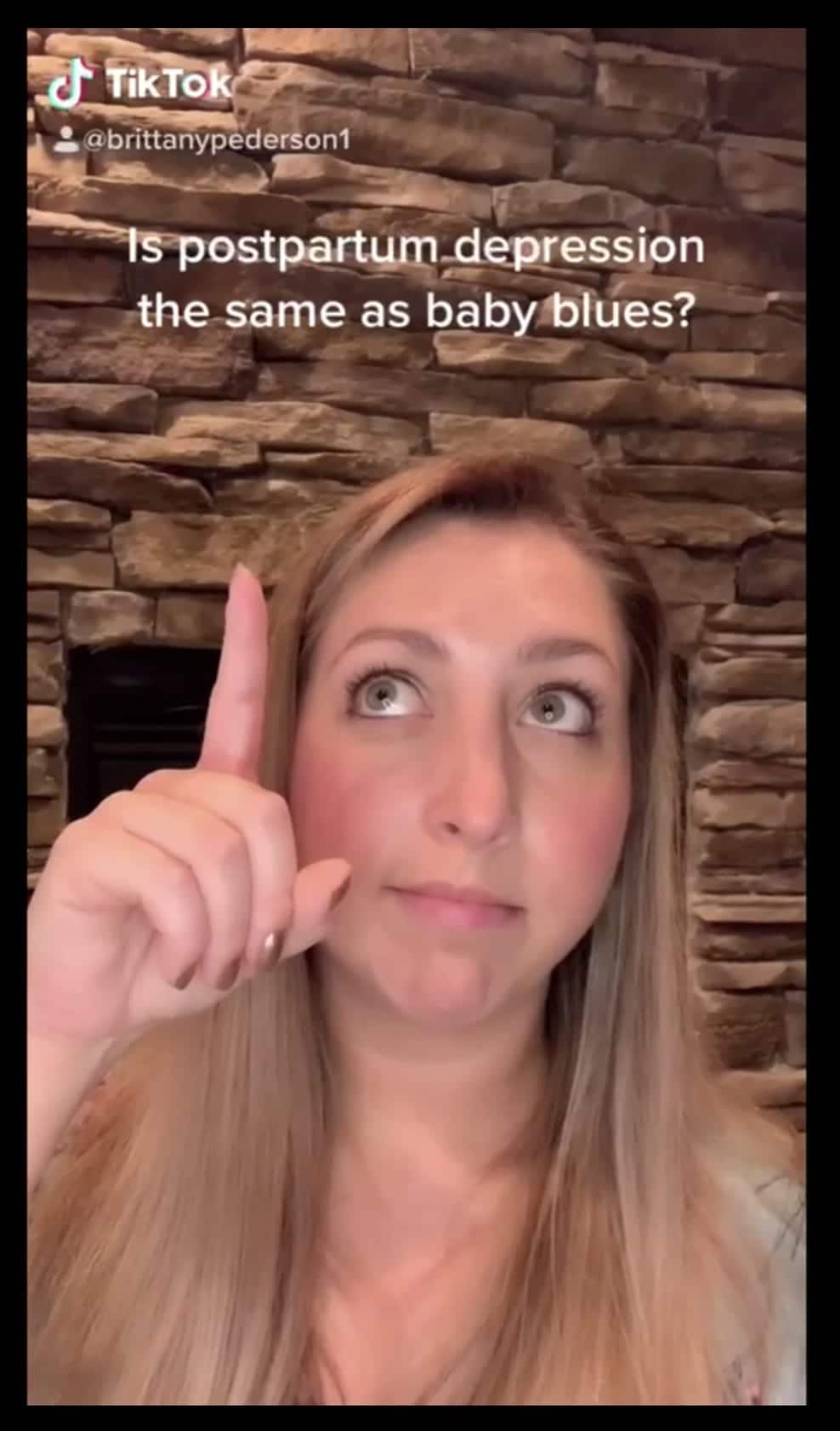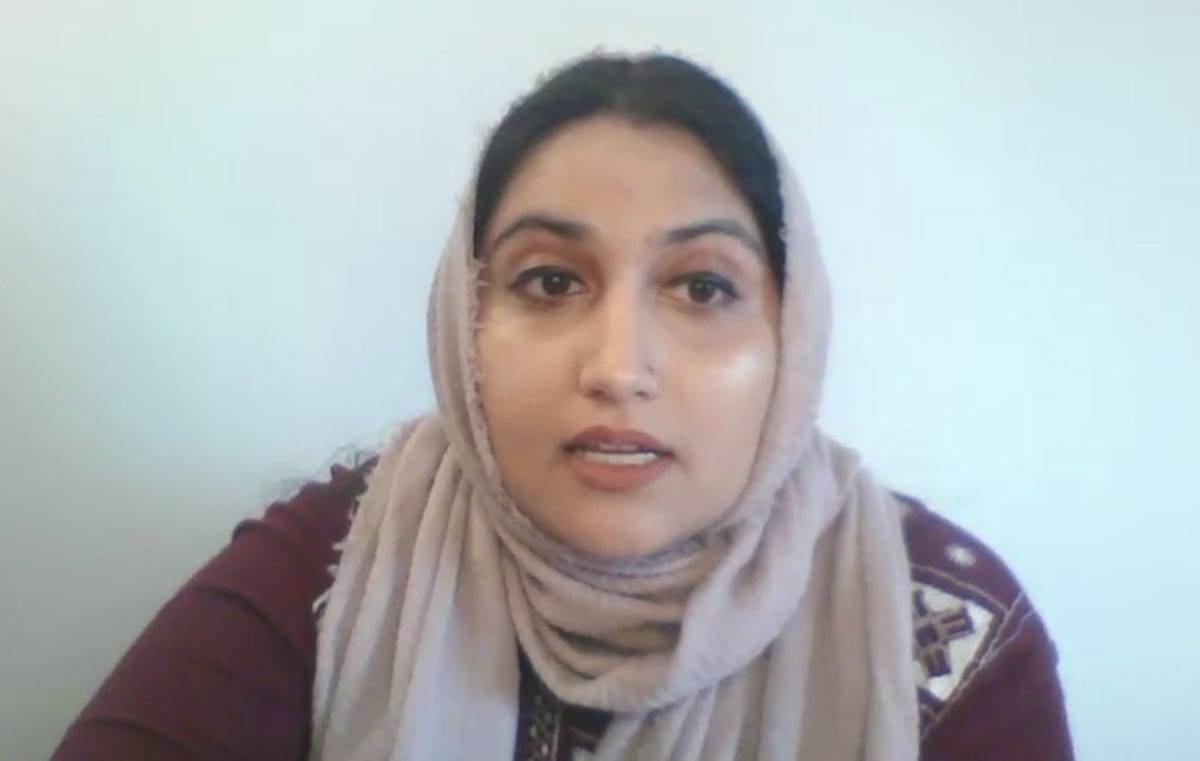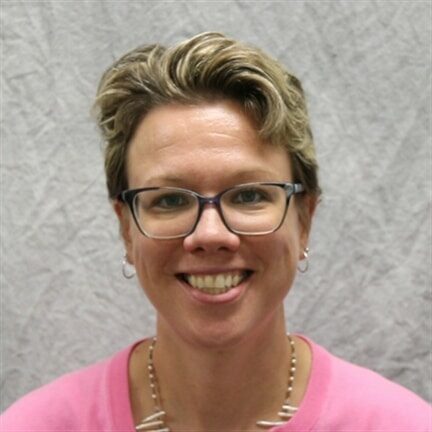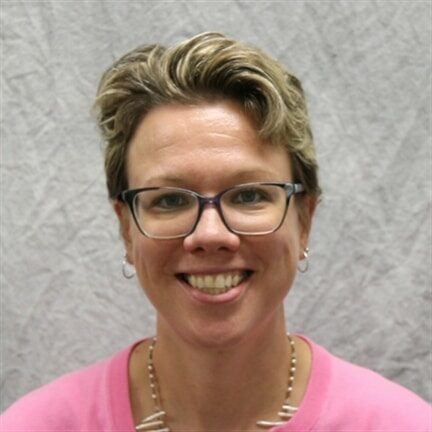International rotations and internships are a large part of global health education at DMU. With international travel not possible due to COVID-19, the Department of Global Health explored new ways for students to remain engaged in global health virtually. Our efforts have allowed us to envision a time when all of our students can have these impactful international experiences, regardless of ability to travel.
Working with our international partners, we were able to offer virtual global health research rotations and public health internships to students beginning in August 2020. Sixteen DMU students have completed virtual rotations or internships since August 2020, and an additional 18 are scheduled for these virtual rotations through July 2021, for a total of 34 students in DMU’s osteopathic medicine (D.O.), master of public health (M.P.H.) and master of health care administration (M.H.A.) programs participating this academic year.
The majority of these virtual experiences have been in partnership with the Global Engagement Institute (GEI). GEI has facilitated DMU student rotations and internships in Rwanda since 2018, adding Vietnam in 2020. During the pandemic, we shifted our collaboration to focus on providing virtual experiences. For the four-week virtual rotations, DMU students were able to choose between projects focusing on maternal and newborn health in Vietnam or projects focusing on mental health and well-being in Rwanda.
For the rotations in Vietnam, each DMU student worked with a student at Can Tho University of Medicine and Pharmacy there under the guidance of a Can Tho preceptor. The rotations in Rwanda are with mHub Rwanda, a mental health services provider affiliated with GEI. DMU students were paired with a student from the University of Rwanda or the Kepler Institute and worked together on a project under the guidance of a preceptor from mHub Rwanda.
Waleed Fatth, M.Sc., director of professional development programs at GEI, is the coordinator of these virtual opportunities.
“It was important for me that students would not just learn about the global health context of their topic, but to also learn virtually about their host country,” Mr. Fatth explained. “That encouraged us to include online cultural experiences and to ensure that students work with local counterparts. After six months of offering this virtual internship, I am happy to report how much I am satisfied with the level of engagement online which students have shown, and how they managed in a short time to provide informative research and developed a meaningful relationship with their local counterparts.”

DMU students appreciated the opportunity to work with a student from the host country. Brittany Pederson, DO-21, who completed a virtual project on postpartum depression in Vietnam, reflected, “I felt very fortunate to be able to discuss my favorite specialty (OB/GYN) with another medical student and an attending from Vietnam. The experience was impactful for me and my future career, and I’m proud of the steps we made toward bettering mental health care and postpartum health care for patients in Vietnam and in the U.S. I think the work we did over our month will be beneficial to patients and providers in the future!”
At the end of the four-week virtual experience, students presented their projects via Zoom. Here is a link to a video about postpartum depression created by Brittany and Jayson Nguyen, a medical student at Can Tho University of Medicine and Pharmacy.
Carolyn Sherrick, an M.P.H. student who worked on a project about the Edinburgh Postpartum Depression Scale, commented, “The internship made me realize that strong global relationships can be built on a virtual platform. Though we were not there in person, the GEI managers made us feel right at home by sharing parts of their culture with us. From language lessons to traditional recipes, I felt welcomed as a guest in their country.
“Working with international preceptors and students is truly a priceless experience offering a whole new perspective of public health,” Carolyn added. “I got to discuss the impact of different cultural ideals in policy and practice of health care systems and see those impacts first-hand. While we are halfway across the world, we all work toward a common goal to improve the livelihood of ourselves, our peers and our communities.”
During her virtual rotation, Sharmeen Mustafa, a fourth-year D.O. student, partnered with a nursing student in Rwanda to analyze the mental health care delivery systems in that nation and in the United States. “It was a huge blessing for me to have come across the Global Health Department’s email regarding being able to take virtual rotations in connection with the Global Engagement Institute,” she said. “The pandemic shouldn’t stop our learning.”

In addition to the GEI virtual rotations, DMU students have also completed virtual rotations with Fundación Universitaria Juan N. Corpas in Bogota, Colombia, and Hillside Health Care International in Belize.
Beginning on Feb. 8, four M.H.A. and two M.P.H. students will start a four-week virtual internship with DMU’s new partner, Campus b in São Paulo, Brazil. The students will work with São Paulo-based Fleximedical, a social impact business whose aim is to create solutions to democratize access to health care. Students will choose one of two projects – the creation of an electronic dashboard or the creation of an institutional deck.
Elise Barlow, M.H.A.’21, is one of the students participating in the Fleximedical project. “I immediately jumped on the opportunity, as this type of international experience is the only format that would work for a student like me who has a young family and disabilities and who has never traveled internationally. The project I will be working on is creating a dashboard to inform clinic operations. I know dashboards are a key method many organizations use to track their key performance indicators, and I truly believe having this experience under my belt will make me a more rounded health care administrator. I hope even after the pandemic is over, DMU still keeps quality virtual opportunities available for other students like me.”
The Department of Global Health will continue to offer virtual opportunities, even after travel resumes, as a permanent part of our offerings. Global health opportunities should be available to all students, regardless of their ability to travel internationally, and virtual opportunities achieve this goal. As Mr. Fatth stated, “I believe this kind of program is a great opportunity for students who are interested to learn about global health and other social and cultural settings without worrying about whether they can travel or not.”
In partnership with GEI, we are offering students an entirely virtual study abroad program, the “Virtual Vietnam Experience,” during spring break in March. Sixteen DMU students in five DMU programs will participate in this international and interprofessional opportunity, in which they will learn about public health, health care systems and the culture of Vietnam. We are also currently working on virtual rotation opportunities for the 2021-2022 academic year.

